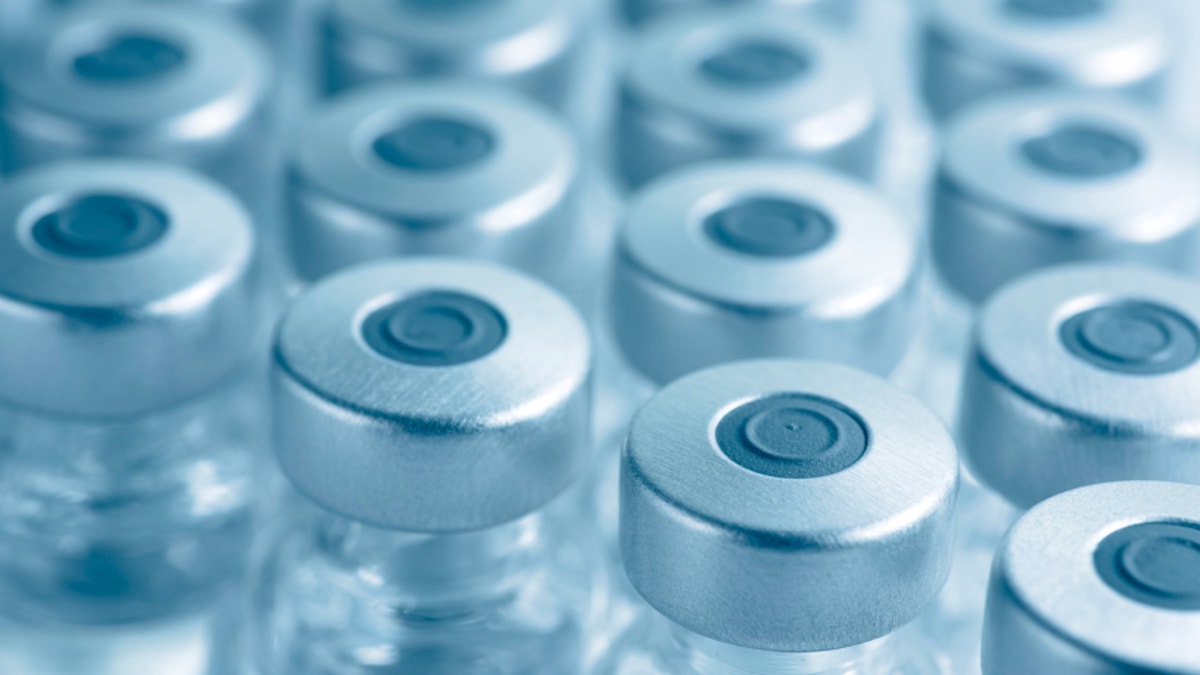
(© Micah Young)
U.S. prices for newer multiple myeloma treatments should be cut by as much as 94 percent to justify their value in terms of prolonging life, while there is not enough evidence to assess the health benefit of some, according to an independent nonprofit organization that evaluates the effectiveness of medicines.
The draft report evaluates regimens including Amgen Inc's Kyprolis, Takeda Pharmaceutical Co Ltd's Ninlaro, Bristol-Myers Squibb Co and AbbVie Inc's Empliciti, Novartis AG's Farydak, Celgene Corp's Pomalyst and Johnson & Johnson's Darzalex. The analysis involved treatment for multiple myeloma patients whose disease did not respond to at least one previous therapy or relapsed after such treatment.
The Boston-based Institute for Clinical and Economic Review (ICER), through input from stakeholders including doctors, patients, and insurers, assesses the value of high-priced drugs and other medical services in the United States. The group does not assess health prices in other countries, which can often be much lower due to single-payer systems and other factors.
The group said it found insufficient evidence to determine a health benefit for multiple myeloma regimens containing Farydak, Pomalyst or Darzalex, due to the structure of clinical trials for those drugs.
The analysis found that each of the remaining treatments extended survival by about a year, compared to standard care with Celgene's Revlimid and dexamethasone, but the extra costs ranged from a low near $173,000 for the Kyprolis regimen to a high of around $354,000 for the Empliciti regimen. Multiple myeloma, a type of blood cancer that develops in the bone marrow, will be diagnosed in an estimated 30,330 American this year, according to the American Cancer Society. ICER said its draft value-based price benchmark for second-line Kyprolis is $673 to $1,267 per vial, or a discount of between 32 percent and 64 percent from estimated costs. Its price benchmark for Emplicti is $267 to $588 per vial, representing a 75 percent to 89 percent discount, while the benchmark for Ninlaro was $181 to $587 per capsule, representing a discount of 80 percent to 94 percent.
Company officials did not immediately respond to requests for comment. The study used list prices for the drugs, which are often subject to discounting under contracts with health insurers and other payers. Previous reports by ICER included findings that a potent new class of injectable cholesterol-lowering drugs, one being sold by Amgen and another by Regeneron Pharmaceuticals in partnership with Sanofi, should cost about a third of their list prices to keep costs in line with healthcare budgets and the benefit they bring. Those drugs, Repatha and Praluent, list for more than $14,000 a year.








































